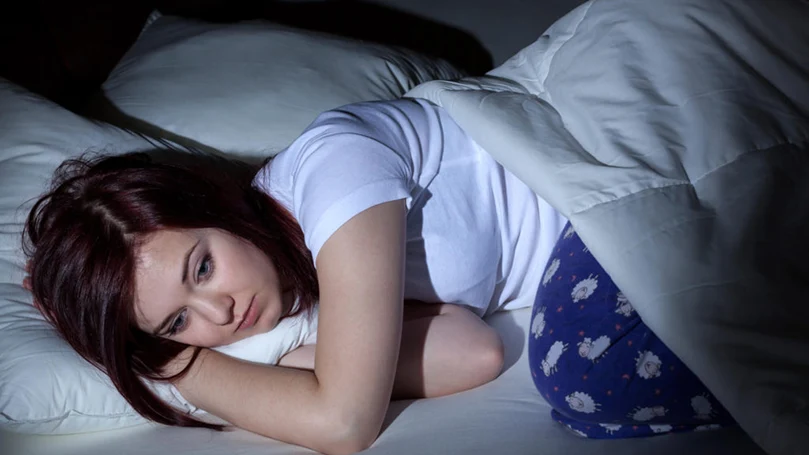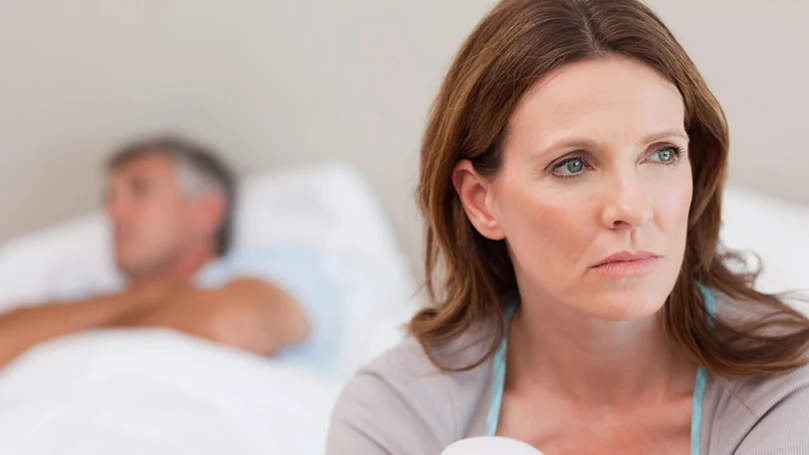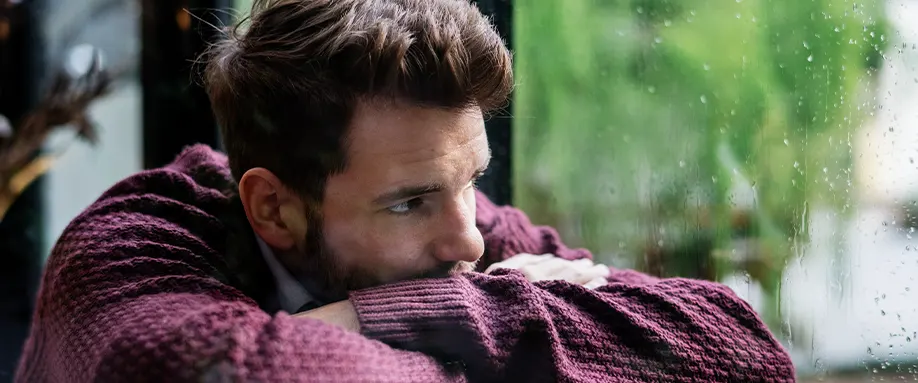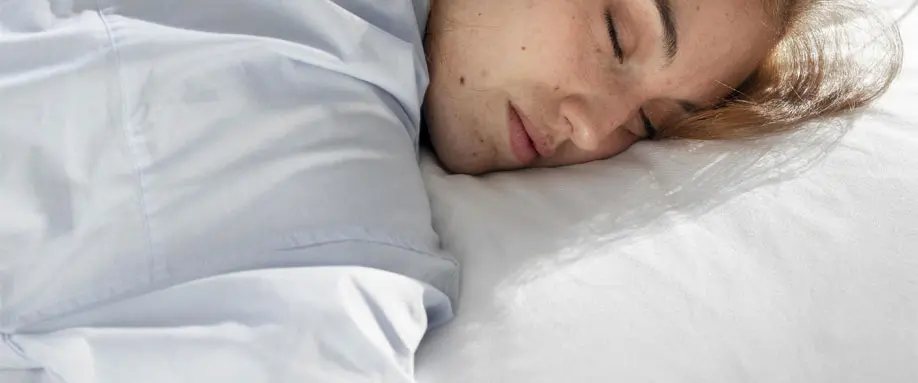The biggest indicators of depression are:
- auto-destructive thoughts
- constant worrying
- loss of interest for things that once brought joy and pleasure
- inability to imagine own future
- significant weight gain or weight loss
- sleeping disorders
Sleeping disorders play a very important role in depression diagnosis. Actually, if you are being evaluated for depression, one of the first questions you might hear would be: are you sleeping excessively or are you sleep deprived?
The relation between mood and sleeping disorders
The connection between depression and sleep disorders is a two-way street. Depression can cause sleep problems, and sleep problems can cause depression. The big problem is that they can simultaneously worsen each other. For instance, depressed people can get more depressed if they remain sleep deprived. Some therapists approach treating depression by treating patient’s sleeping disorder.
Researchers show that there is a clear correlation between REM stages and depression. There are some indications that the reduction of a REM stage duration can influence a depressed mind in a positive way. Unfortunately, it stays unclear whether and how this can be used in treating depression. Due to the lack of research, it’s unknown if this method could even be safe.
Insomnia
A sleeping disorder that is most frequently triggered by depression is insomnia. This happens for many reasons, oftentimes because the worries and negative thoughts keep a depressed person awake. Also, the lack of energy and motivation leads to the lack of activities, so a depressed person can feel “wired” during the night. Intense emotional stress can also be a reason why insomnia often accompanies depression.
Geography and change of seasons can cause a temporary depression. There is a thing called SAD (Seasonal affective disorder) or “winter depression”. This type of depression can trigger serious insomnia. SAD usually strikes people who live in parts of the world that have very long winters and too little sunlight.

Hypersomnia
It’s not rare for depression to cause hypersomnia or oversleeping. Sometimes depressed people tend to oversleep due to social isolation and lack of activities. Depressed people often deliberately deprive themselves of socializing and hobbies. Spending the whole day inside results in many long naps and constant sleepiness. Some depressed people can see sleep as an “escape” from worries, which just worsens and deepens the problem.

Other sleeping disorders
Depression can often be accompanied by sleep disorders such as sleep apnea, restless leg syndrome or snoring. Even the problems with unpleasant dreams and nightmares can go hand in hand with depression. All of these disorders can eventually cause insomnia.
Dealing with sleeping disorders while depressed
Besides psychotherapy and medications, there are many things that you can do to fight your sleeping disorders, caused, or accompanied by depression. This especially goes for light or moderate mood disorders.
Train your mind to see your bedroom just as a place of sleep
This is highly important for dealing with too much or too little sleep. Never use your bedroom for other activities such as watching movies, TV, surfing the web, reading etc. Use it solely for sleep! It helps a lot if you make your bedroom more beautiful and designed according to your taste. Make it pleasant and comfortable by investing in a healthy mattress and room décor. Also, when going to bed, try to make positive thinking the last thing you do before falling asleep.
Spend as much time as possible in the sunlight
Natural light is one of the best remedies for depression. Find an excuse to spend more and more time outside during the day. While working or studying choose a place next to the windows. Open up your curtains, brighten your home and let the natural light wake you up.

Exercise or “tire” yourself with interesting, fun and stimulating activities that you will enjoy
Try to spend the whole day “doing something”. This way you will spend your energy in a healthy way and hopefully fall asleep faster at night. This is also a very good practice for building your self-esteem and feeling of self-worth. Do the things that you are good at and that make you happy!
Practice positive thinking and remain busy with your social life
If depressed, socializing can be just the last thing that you want to do. But it can help you a lot, so, go out and spend time with your friends and family. Choose to be around the people that make you feel good about yourself and that bring out positive feelings in you. Socializing can help you go through the day without unhealthy napping that leads to insomnia.

Conclusion
Researchers show that sleep deprivation causes strong emotional sensitivity. This can be the reason why people with sleeping disorders often develop problems with depression. Lack of natural sunlight and the disturbed sleeping cycle can also cause depression. This can be noticed amongst people who work night shifts for a long period of time. Experts agree on that treating depression can help in sleeping disorders treatment, and vice versa.

















There are no comments yet
"*" indicates required fields